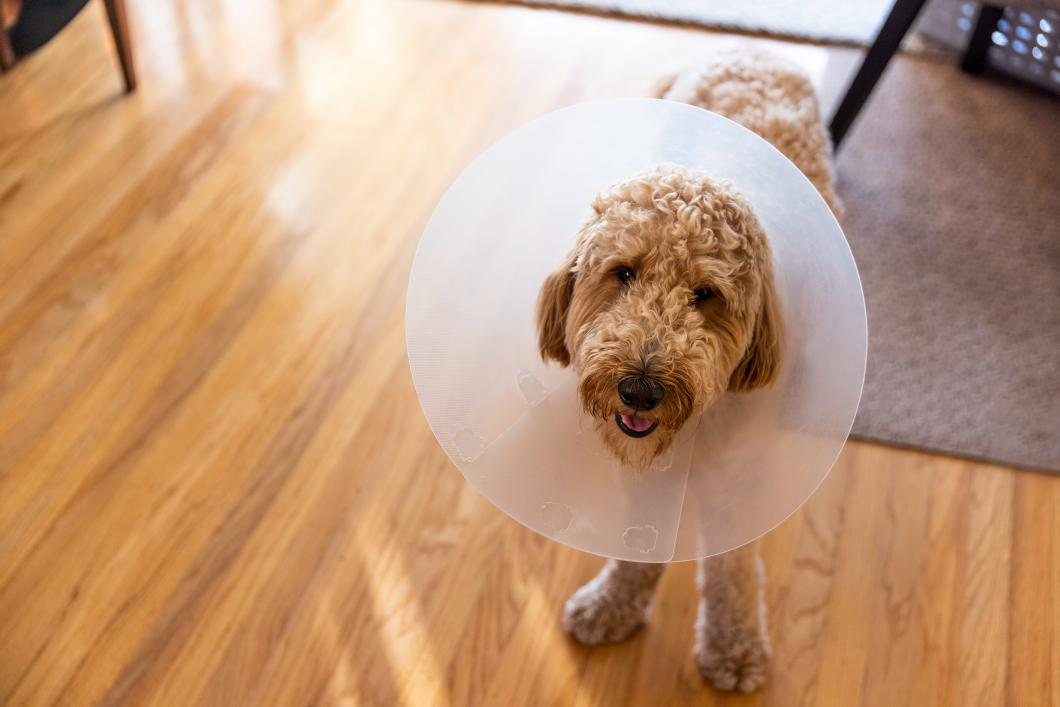When Should My Pet Get an Endoscopy?

If your pet has been having stomach troubles or persistent respiratory issues, you might be wondering what’s going on beneath the surface. That’s where endoscopy can come in—it’s an advanced diagnostic tool that gives veterinarians a closer look without resorting to invasive surgery.
At Flowers Mill Veterinary Hospital, we understand how concerning mysterious symptoms can be. Our caring team is here to help guide you through the process, including when and why something like a veterinary endoscopy might be recommended.
What Is a Pet Endoscopy?
A pet endoscopy is a minimally-invasive procedure that allows a veterinarian to examine the inside of your pet’s body using a thin, flexible tube with a camera on the end. It’s most commonly used to investigate pet digestive issues, but can also help assess problems in the respiratory tract, urinary system, and more. The goal is to pinpoint what’s causing your pet’s symptoms without putting them through an invasive surgical procedure.
The procedure is typically done under general anesthesia and is performed by a veterinarian trained in using specialized equipment.
Common Signs That May Warrant an Endoscopy
Your pet can’t tell you what’s wrong—but their body often gives some pretty good hints. Your vet may recommend an endoscopy if your pet is experiencing:
- Chronic vomiting or diarrhea
- Loss of appetite or weight
- Persistent coughing or sneezing
- Unexplained difficulty swallowing
- Foreign body ingestion
- Recurring nasal discharge
- Suspected tumors or ulcers
These symptoms can be linked to a range of conditions that affect the gastrointestinal tract, airways, or other internal structures. Endoscopy allows the veterinary team to examine these areas directly and, in some cases, even collect tissue samples for biopsy.
Why Veterinary Endoscopy Is a Helpful Tool
While it might sound high-tech (and it is!), an endoscopy is often less stressful on your pet’s body than traditional exploratory surgery. That’s because the endoscope can be inserted through natural openings like the mouth, nose, or even a small surgical incision—no significant cuts required.
Some of the benefits of endoscopy include:
- Minimally invasive: Less pain and quicker recovery
- Precise imaging: Helps identify the source of the problem with real-time visuals
- Biopsy capability: Tissue samples can be taken during the same procedure
- Foreign body retrieval: In some cases, small items can be removed without surgery
This makes endoscopy an excellent option for pets experiencing ongoing, unexplained symptoms. It’s also a helpful next step when other diagnostic tools like X-rays or ultrasound don’t provide enough detail.
What to Expect Before and After the Procedure
If your veterinarian recommends an endoscopy, they’ll walk you through the specifics of the procedure and what kind of prep is needed. Typically, your pet will need to fast beforehand, and they’ll be closely monitored under anesthesia during the procedure.
Afterward, your pet may be a little groggy, but most pets recover quickly and can go home the same day. Your vet will discuss findings with you and outline any additional care or follow-up that may be needed.
Putting Your Pet’s Health First in Langhorne
At Flowers Mill Veterinary Hospital, our veterinarians and staff understand how much your pet means to you. If your dog or cat has been dealing with digestive issues—pets in Langhorne often experience these symptoms for a variety of reasons—it may be time to explore options like pet endoscopy in Langhorne. While not every situation calls for this diagnostic tool, it’s one of the many ways we aim to provide personalized, proactive care.
If you’re concerned about your pet’s health or curious about veterinary endoscopy in PA, give us a call at (215) 752-1010 to schedule an appointment. We’re here to help your furry family members feel their best, inside and out.

